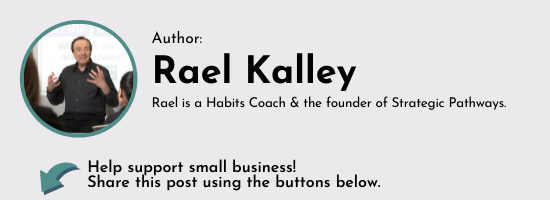The Downside of Social Media for Jobseekers
A recent conversation with a client was a stark reminder about the downside of social media for jobseekers, and the irreversible damage it can cause.
My client, a recruiter for a large international company, explained that his job primarily consists of finding qualified candidates for positions at all levels of this company. His days are spent sifting through resumes, then selecting those he deems qualified for an interview.
He refers to each step in the hiring process as being a red light/green light progression whereby each candidate achieving a green light, in any phase, can proceed to the next level and those receiving a red light are eliminated from the running.
Yes, Recruiters Will Look
One of the steps along the journey is a visit to each candidate’s social media pages. And very often it is right there where the red light shines brightest.
My client explained that these pages speak more clearly of the candidate’s character, standards and values than any resume or reference check could ever reveal.
When social media exposes behaviours like partying and drinking that are deemed to be excessive by the company, that candidate’s name is permanently placed in a folder marked “Do Not Hire.”
Similarly, candidates who express political views or biases believed offensive, are too added to that ever-thickening folder.
I was surprised to learn that approximately 30% of candidates are disqualified simply because of their postings on social media. He went on to say those numbers were consistent in speaking with his counterparts in many other companies.
Cut the Controversy
It reminded me of a lesson taught to me by a wise man many years ago: in business, there are three topics that are always best avoided: sex, politics and religion.
Listening to my client brought to mind The Habit of Always Being at Your Best. Simply put, this habit reminds us that we never know who we will run into, who we will be introduced to and who, particularly in this day of living on a planet with 7 billion citizen journalists, will be recording our every word and action.
The Habit of Always Being at Your Best guides us to constantly be aware of our performance. This does not mean we must, at all times, be somber and serious, but rather, it serves to remind us to always conduct ourselves in a way that we will never feel regret, or have a need to apologize for at a later stage.
There is a strange hypocrisy residing in each of us. This double standard causes us to judge ourselves, at all times, by our intentions while we judge all others by their actions.
And it is our actions, not our intentions, that we proudly post on social media and share with the entire world.
The Habit of Always Being at Your Best does not prevent us from having fun, letting our hair down (those of us who still have hair), and being generally silly and playful. What it does do, is offer us a form of risk assessment that suggests that presenting our best selves at all times will never backfire and will help us always put our best face forward.
So that, when we are being judged, we are being judged at our best, and not in a way that will land us in the “Do Not Hire” folder.
And as my client carefully explained to me, once you are in that folder, there’s no way out.
And that is not the time to begin The Habit of Always Being at Your Best.
Let’s make a habit of meeting like this.


